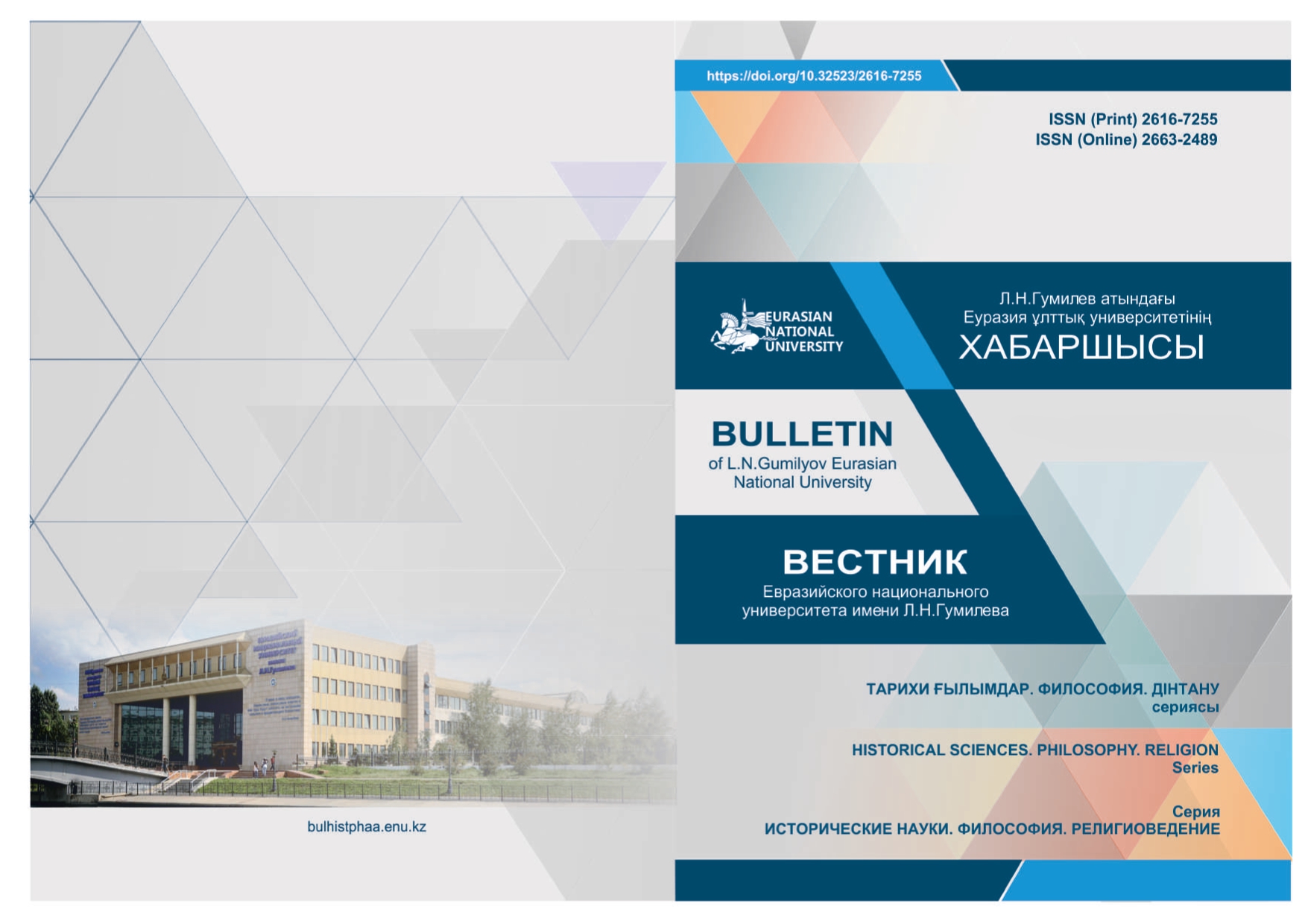Цифрлық этиканы зерттеудегі тенденциялар (заманауи зерттеулерге шолу)
Қаралымдар: 266 / PDF жүктеулері: 346
DOI:
https://doi.org/10.32523/2616-7255-2023-143-2-248-268Кілт сөздер:
цифрлық этика; ақпараттық этика; мәдениетаралық ақпараттық этика; әділдік теориясы; цифрлық кеңістік.Аңдатпа
Мақалада цифрлық этика феномені туралы талқылаулар берілген. Сандық этикада қолданылатын терминдер, ұғымдар, категориялар мен критерийлер қызмет ету саласына байланысты қарастырылады – ақпараттық этика, компьютерлік этика, ортодоксалды этика. Цифрлық этиканың қызмет етуінің мәдени, әлеуметтік, өндірістік, философиялық және этикалық аспектілері салыстырылады. Жеке жағдайда цифрлық этиканың тұлғааралық қарым-қатынас мәселелеріне әсері, оның ішінде цифрлық этиканы қолданудың оң және теріс сценарийлерін сипаттау арқылы қарастырылады. Этикалық мәселелерге, әсіресе цифрлық этикаға қатысты алдыңғы, ерте, тарихи зерттеулердің, тәсілдердің, идеялардың, тұжырымдамалардың генезисі берілген. Цифрлық этикаға қолданылатын батыс және шығыс этикалық дәстүрлері арасындағы қайшылықтарды шешу жүзеге асырылды. Этикалық постулаттардың әлсіз ұйымдастырылуының мәнін ашатын кедергілер сипатталады. Әлеуметтік әл-ауқаттық мақсатында цифрлық этика бойынша реттеуші сипаттағы қолданбалы құжаттардың бірыңғай желісінің қажеттілігі рәсімделді және іске асырылды. Сандық этикаға немесе жалпы этикаға сілтеме жасау туралы дауласуға мүмкіндік беретін адам өмірінің өзгермелі қабаттарынан әртүрлі мысалдар келтірілген. Қорытынды маңызды эволюциялық тенденциялары бар перспективалық бағыт ретінде этикалық концепцияларды дамыту туралы жасалған. Қоғам осы бағытта одан әрі зерттеу үшін пайдалана алатын әдістер, принциптер мен функциялардың сипаттамасы жүргізілді
Downloads

Жүктеулер
Жарияланды
Журналдың саны
Бөлім
Лицензия
Авторлық құқық (c) 2023 Мақсат А. Садвокасов, Кульшат А. Медеуова

Бұл жұмыс Creative Commons Attribution-Коммерциялық емес 4.0 халықаралық лицензиясы.








